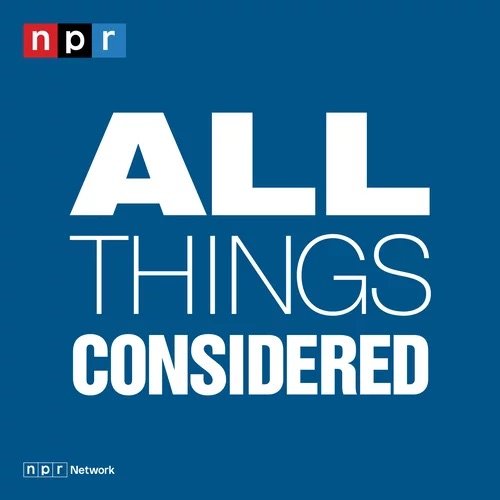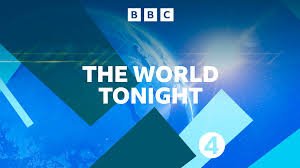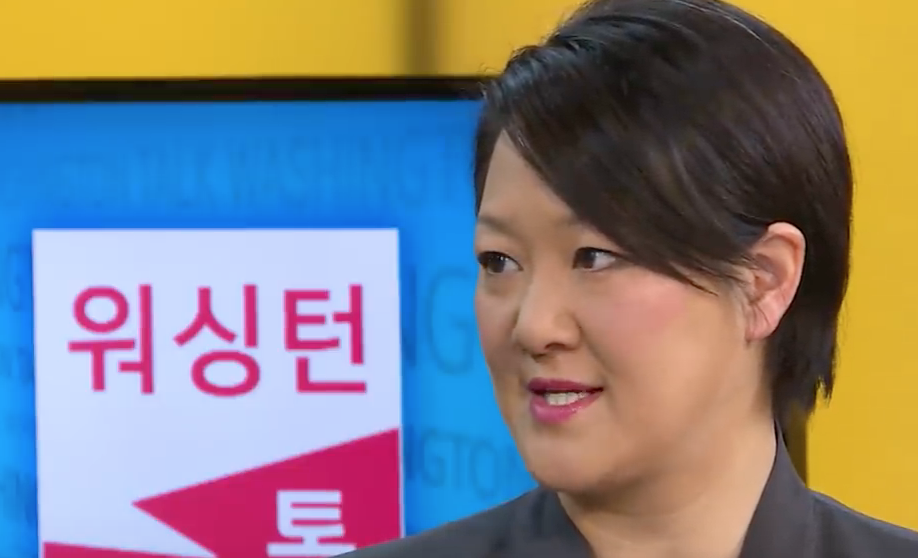“Did these two leaders and their teams build up enough good will to keep the lines of communication open, or are we headed into another period of stalled negotiations — or worse, tensions — that would give the North Koreans more time and incentive to keep building their weapons program?”
Read MoreNew York Times: Trump Meets Kim Jong-un to Start Summit Talks →
Jean H. Lee, a Korea expert at the Wilson Center, a Washington-based research organization, said of Mr. Kim that “he does want a changed relationship with the United States, and to improve his country’s shattered economy.”
“But we need to remember that he sacrificed his people’s well-being, making decisions that deprived them of food, clean water, electricity, heat and medicine, in order to build nuclear weapons,” Ms. Lee added. “He won’t be willing to give his weapons up readily, and may be prepared to sacrifice his people again if things don’t go his way.”
Read MoreNPR: What Has Been Accomplished Since The First Trump-Kim Summit? →
Rachel Martin talks to Jean about expectations for the second summit between President Trump and North Korea's leader.
Read MoreFox News: Kim Jong Un faces mounting pressure to get sanctions relief for North Korea →
Kim Jong Un faces mounting pressure to get sanctions relief for North Korea
Feb. 25, 2019 - 4:08 - North Koreans are going without heat during an incredibly cold winter, says Jean Lee, director at the Woodrow Wilson International Center for Scholars.
Read MoreCNN: Trump Kim summit: What does a win for North Korea look like in Hanoi? →
Secure a political declaration to end the Korean War
Jean H. Lee, director Hyundai Motor-Korea Foundation Center for Korean History and Public Policy
The biggest prizes for Kim will be diplomatic as well as economic.
Kim, like Trump, craves a big dramatic and historic moment in which the two leaders, foes for seven decades, stand side by side to declare a political end to the Korean War. To be clear: Such a declaration would not serve as a peace treaty formally ending the war. But it would be enough for Kim to take home to his people as a propaganda victory.
Ending the Korean War was a goal neither his father nor grandfather accomplished before dying; to accomplish that task would cement his authority inside North Korea as a master statesman and military strategist.
Such a declaration would allow Kim to turn the country's focus away from war and toward the economy; it also would start the lengthy process of negotiating a formal peace treaty with China, the United Nations and the United States.
More importantly, Kim will be seeking economic concessions in return for rapprochement and promises to give up elements of his nuclear program. A lifting of crippling UN sanctions imposed on North Korea is a priority for Kim. Once sanctions are eased, South Korea in particular is poised to restart joint economic projects that could serve as an economic lifeline to Pyongyang as well as to rebuild North Korea's decaying infrastructure. In addition, Seoul must wait for concrete nuclear concessions from North Korea to justify lifting its own bilateral sanctions in place since 2010.
For Kim, a successful roadmap to denuclearization in Hanoi would pave the way for North Korea's return to the international fold, politically and economically, while delaying the complete relinquishing of his prized nuclear assets for many years to come.
PBS documentary: The Dictator's Playbook, Episode 1, Kim Il Sung →
He was a legendary guerilla fighter, battling to free Korea from Japanese occupation in the 1930s. He went on to start the Korean war—and establish North Korea as the most controlled society on earth. How did Kim Il Sung rise to power, transform himself into a “living god,” and launch a dictatorship that has lasted for three generations?
Jean H. Lee provides commentary on Kim Il Sung’s rise to power in this PBS documentary.
Read MoreDiscussing the upcoming Trump-Kim summit on VoA's Washington Talk TV show →
2차 미국 정상회담 일정이 공개됐는데, 이번 회담에서는 실질적인 진전이 이뤄져야 한다는 기대가 커지고 있습니다. 비핵화와 상응조치를 두고 미북 간 어떤 타결이 가능할 지 분석합니다. 회담 개최국 베트남은 북한이 선택할 경제 개방과 외교 관계 개선의 모델이 될 지 살펴봅니다. 진행: 조은정 / 대담: 스콧 스나이더(미 외교협회 미한정책국장), 진 리(우드로 윌슨센터 한국국장) #VOA #워싱턴톡 #2차미북정상회담 #베트남 #하노이 #비핵화 #비건 #김혁철 Originally published at - https://www.voakorea.com/a/4779663.html
Read MoreWashington Post: He helped Trump confront North Korea. Now Ji Seong-ho wonders whether human rights will be left behind. →
“The North Koreans do not take criticism well,” said Jean H. Lee, an analyst at the Wilson Center and a former reporter who opened an Associated Press bureau in Pyongyang in 2012. “They are very sensitive to an assault on their way of life and their political system and their penal code. I suspect there may be some reluctance to bring up the issue of defectors and showcase them in a way that Trump did last year, to avoid angering the North Koreans.”




























